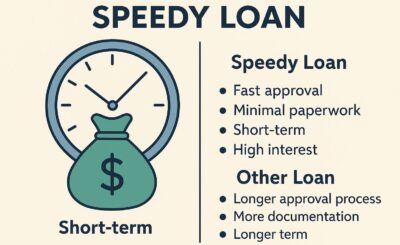Unfortunately the harsh economy of the nation has prompted many Nigerians to rush to what many refer to as speedy…
Loan and Grants
NELFUND Nigeria:Student Loan Fund For Tertiary Education | Full Guide 2026
NELFUND is a trending word among Nigerian higher learning institutions. NELFUND is not trending because of the wrong reason but…
Consumer Credit (CrediCorp): Loan Portal, How to Apply 2025
Consumer credit has become an essential component of personal finance in Nigeria, offering individuals access to short-term loans to meet…
How to Stop GSI Recovery in Nigeria 2025
GSI (Global Standing Instruction) is an important tool used by Nigerian banks to recover unpaid loans across all Nigerian bank…
GSI: What Is It? Loan Recovery Policy and Mandate Explained (2025 Update)
If you have ever taken a bank loan in Nigeria, you may have come across the term GSI mandate. It…
3 Reasons Why Loan Apps Cannot Block Your BVN or Blacklist It
You may sometimes receive scary messages from loan apps threatening to block your BVN (Bank Verification Number), maybe because your…
How to Stop Loan App from Calling and Harassment: A Complete Guide
Are you in a situation in which you receive constant spam calls and harassment from loan apps? You’re not alone.…
How to Remove Your BVN from a Loan App—2 Effective Ways
How to remove your BVN from the loan app? Here are 2 effective ways to remove your BVN and secure…
Can Loan Apps Access My Contacts After Uninstalling?
When it comes to using loan apps, especially in Nigeria where digital lending is growing rapidly, one common concern is…
Alend Loan App: Review, is it approved by CBN?
Alend loan app is digital loan mobile platform in Nigeria that claim to offer personal to business loan without collateral.…









